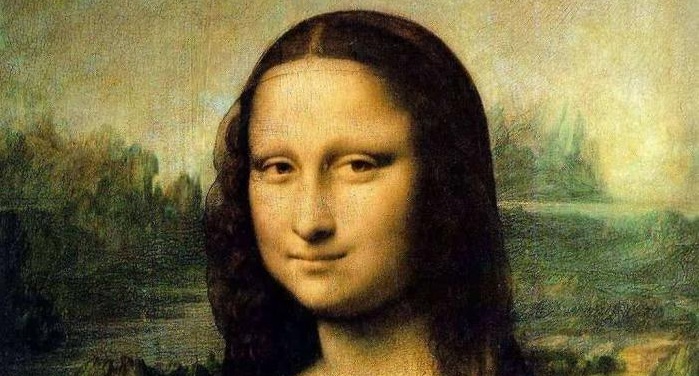
January 20, 2013, by Stephen Mumford
Soft or Hard?
We sometimes speak of the hard sciences, meaning physics, chemistry, mathematics and anything for which there are clear, determinate answers to be found. The hard/soft distinction can be found even in the arts. In philosophy we often distinguish between the hard end, of logic, metaphysics and epistemology, and the softer end of ethics, aesthetics and feminist philosophy.
The exact basis of the hard/soft distinction, I do not know. A discipline is hard, perhaps, when it is abstract, formal, and possibly when there are clear, determinate answers either known or to be found. Soft disciplines are maybe more subject to opinions and disagreements. We have to be tentative and offer provisional theories that are open to debate. We know exactly how many protons are in the nucleus of a sodium atom but no one can say exactly and authoritatively what is good (in ethics), whether the Mona Lisa is more beautiful than Venus de Milo (in aesthetics), what were the causes of the first World War (in History), or what is the true meaning of Conrad’s Heart of Darkness (in literature – some say even the author himself could not know for sure).
And this goes to show what can be learnt quite quickly. The distinction between hard and soft does not mean hard or easy. As a student, I found formal logic the simplest subject. There were right and wrong answers, for a change. Having struggled in my Humanities degree through discussions about virtue and vice, existentialism, Nigerian politics and the effect of the Plague on European history, where to every point there was a counterpoint, logic offered momentary relief and the chance of full marks. In the arts, there’s no such thing as a perfect answer for the next one could always be better. In my logic, I could complete a perfect test.
The uncertainties of the soft subjects in my view make them by far the hardest. If I go to the right authority, I could learn the whole periodic table by rote within a day. Answers can be simply catalogued and memorised. But in History, there can always be new evidence, new insights and new theories meaning that we can never draw a final line under a question. Similarly, in philosophy I find ethics far harder than the more abstract metaphysics, even though the former is considered softer.
Those who master the ‘soft sciences’ are usually the most gifted and intelligent among us. Arts graduates have much to offer the world. Successive UK governments are usually made up of them. And when Churchill ordered the assembly of the most gifted minds in the country at Bletchley Park, to crack the Enigma code, it was problem solvers such as classicists who led the way. Logicians were represented too – yes – but creative and insightful problem-solving was essential. For such skills, we need those very hard soft subjects to thrive.

[…] Stephen Mumford: We sometimes speak of the hard sciences, meaning physics, chemistry, mathematics and anything for which there are clear, determinate answers to be found. The hard/soft distinction can be found even in the arts. […]
I beg to differ. The hard work in mathematics, logic and hard philosophy does not consist in solving exercises, but rather in building new theories to cope with problems in new and illuminating ways. This is not something that your average classicist is likely to be good at. Certainly, we are to be more thankful to Alan Turing than to any group of soft humanists for cracking enigma.
I agree that the methods and intellectual requirements of the arts and sciences are not as distant as is often supposed. I wrote about this in an earlier blog pst here:
https://blogs.nottingham.ac.uk/artsmatters/2012/03/06/art-versus-science/
On the individuals who broke the code and their intellectual backgrounds I recommend Robert Harris’s book Enigma, which was the inspiration for my final paragraph
[…] Stephen Mumford: We sometimes speak of the hard sciences, meaning physics, chemistry, mathematics and anything for which there are clear, determinate answers to be found. The hard/soft distinction can be found even in the arts. […]
[…] Stephen Mumford: We sometimes speak of the hard sciences, meaning physics, chemistry, mathematics and anything for which there are clear, determinate answers to be found. The hard/soft distinction can be found even in the arts. […]
[…] Stephen Mumford: We sometimes speak of the hard sciences, meaning physics, chemistry, mathematics and anything for which there are clear, determinate answers to be found. The hard/soft distinction can be found even in the arts. […]
[…] Stephen Mumford: We sometimes speak of the hard sciences, meaning physics, chemistry, mathematics and anything for which there are clear, determinate answers to be found. The hard/soft distinction can be found even in the arts. […]